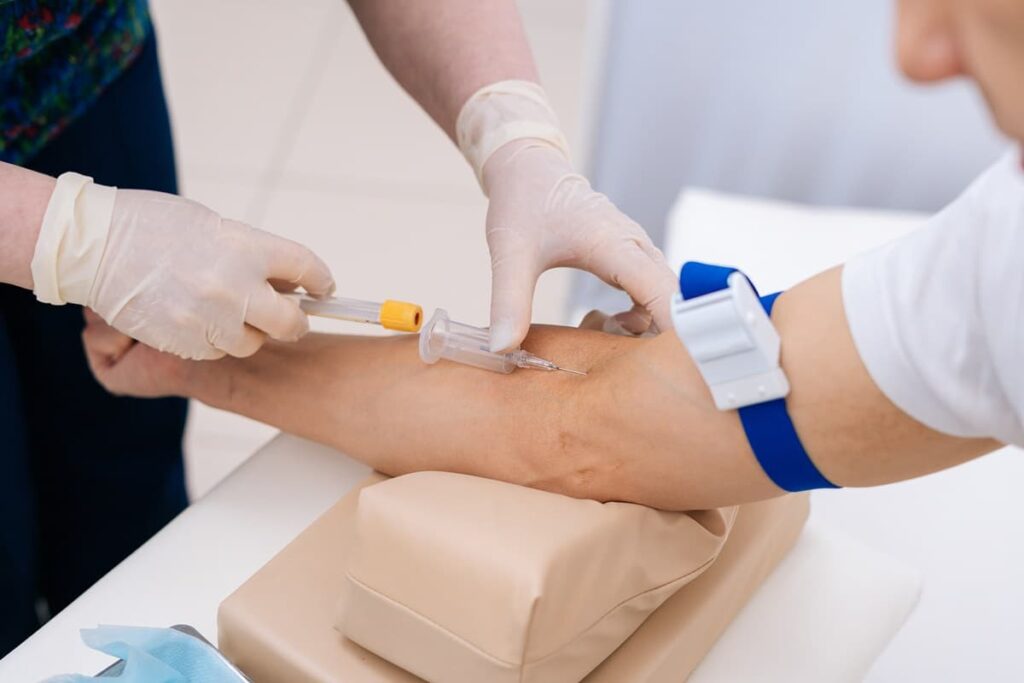Apocell and their Apostream CTC Blood Test
Table of contents
Table of contents

In an earlier article, we discussed the June 2013 IPO of Nanostring, an oncology company using microfluidics to test for the risk of recurrence for breast cancer. Another interesting oncology company that is using innovative molecular analysis methods to treat cancer is Apocell.
About Apocell
Founded in 2004, Houston based ApoCell has 39 employees that have managed to grow revenues by 187% over the past years from $3.1 million in 2009 to $8.9 million in 2012. Backed by an undisclosed investment from Summit Partners, Apocell focuses its efforts on the identification and analysis of biomarkers in rare circulating cells. Of particular interest is the Company’s ApoStream technology which has been partially funded by a $3 million contract from the National Cancer Institute in 2011 and most recently a Small Business Innovation Research (SBIR) grant from the National Cancer Institute in November 2013 for $1 million.
Circulating tumor cells
Circulating tumor cells (CTCs) are cells that have shed from a primary cancer tumor and then circulate in the bloodstream. CTCs are problematic since they act as seeds for subsequent growth of additional tumors (referred to as metastasis) in vital organs, triggering a mechanism that is responsible for the vast majority of cancer-related deaths. There are a number of companies including Apocell that are developing blood tests that can determine the existence of CTCs. An important characteristic of a CTC blood test is that it is safe and can be performed at many points during the disease, whereas analysis of solid tumors requires invasive surgical procedures. Isolating CTCs in blood represents a major technological challenge since they make up a minute number of the total cells in circulating blood. There are 1–10 CTCs per mililiter of whole blood compared to a few million white blood cells and a billion red blood cells. Today there is only one U.S. Food and Drug Administration cleared methodology for detecting CTCs in whole blood, the CellSearch system, which uses iron nanoparticles and is marketed by Jannsen Diagnostics, a unit of Johnson and Johnson.
Conclusion
Apocell plans to commercially launch their Apostream technology platform for research-use-only in 2014 and as a point-of-care clinical device in 2016. According to an article last year published by the Houston Business Journal, Apocell is currently talking to larger institutional investors focused on investing in promising medical device companies. Although Apocell is not the only company developing a CTC blood test, they seem to be making good progress so far with strong revenue growth and minimal outside investments.
Sign up to our newsletter to get more of our great research delivered straight to your inbox!
Nanalyze Weekly includes useful insights written by our team of underpaid MBAs, research on new disruptive technology stocks flying under the radar, and summaries of our recent research. Always 100% free.















